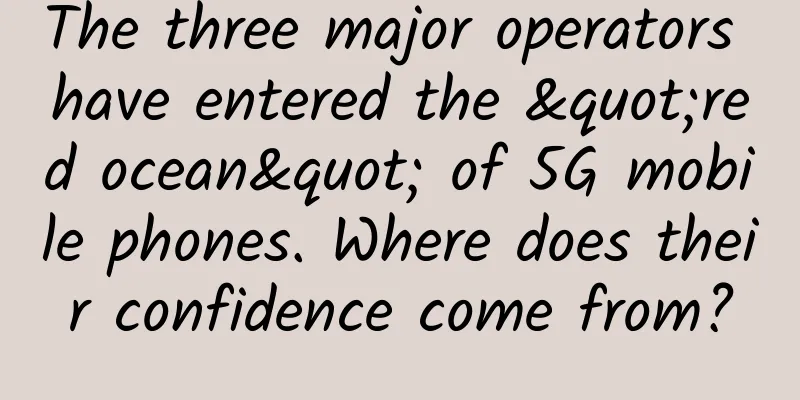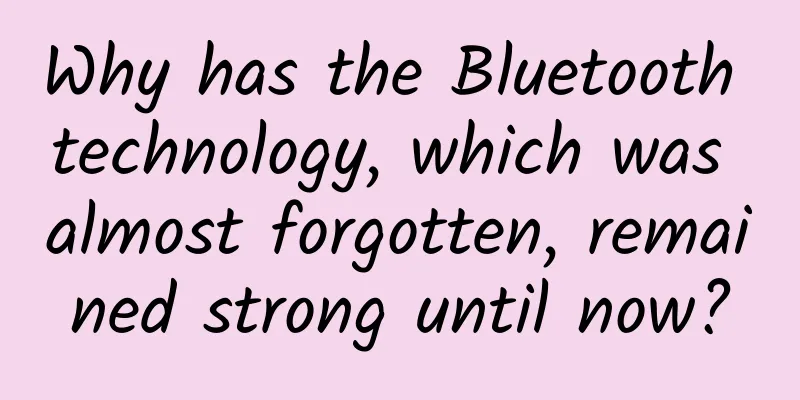The role of 5G in shaping the future of smart cities

|
The advent of 5G technology will revolutionize the way we live, work, and interact with our environment. This next-generation wireless technology promises faster speeds, lower latency, and the ability to connect more devices simultaneously. As we stand on the brink of this technological revolution, it’s worth exploring the impact 5G will have on the development of smart cities. For example, 5G can enable real-time traffic monitoring and management, reducing congestion and improving road safety. Sensors embedded in roads and vehicles can communicate with each other in real time, providing drivers with up-to-date information about traffic conditions and potential hazards. Similarly, 5G can enhance waste management services by enabling smart trash bins that notify city services when they are full, reducing the need for regular collection schedules and improving efficiency. In addition to these practical applications, 5G is expected to play a vital role in shaping the future of urban life. The high-speed, reliable connectivity provided by 5G can usher in a new era of remote working and learning, reduce the need for physical commuting, and has the potential to reshape the urban landscape. In addition, 5G can promote the development of smart buildings that use sensors and automation to optimize energy use, potentially reducing the carbon footprint of cities. However, the transition to 5G and the development of smart cities also brings significant challenges. These include the need for significant investments in infrastructure, concerns about data privacy and security, and the risk of deepening the digital divide. Therefore, policymakers, technology companies and urban planners must work together to address these issues and ensure that the benefits of 5G and smart cities can be enjoyed by all. In summary, the advent of 5G technology will have a profound impact on the development of smart cities. By enabling faster, more reliable connections and enhancing the capabilities of the Internet of Things, 5G promises to improve urban services, reshape urban life, and potentially reduce cities' impact on the environment. However, realizing these benefits will require careful planning and collaboration to overcome the challenges associated with this technological revolution. As we stand on the brink of this new era, it is clear that 5G has the potential to shape the future of our cities in ways we have only begun to imagine. |
<<: Unleashing the power of 5G: Innovative devices will revolutionize connectivity
>>: As 5G development enters the second half, what kind of report card has been delivered?
Recommend
RAKsmart San Jose servers start from $30, Japan/US servers 100M-10Gbps bandwidth high-defense servers, cluster servers
RAKsmart launched this year's Double 11 promo...
Three major operators rush to climb Mount Everest to support 5G
Good news comes from Mount Everest one after anot...
Anynode: $15/year KVM-1GB/20G SSD/2TB/Las Vegas
The last time I shared information about Anynode ...
The data is not real-time enough: try long connection?
background In certain scenarios, we often need to...
The reality of "5G + Industrial Internet" still exists: people don't know how to use it, don't dare to use it, and can't afford it
"Industrial Internet" has been written ...
10 solutions for high-concurrency and high-traffic websites
1. Hardware upgrade An ordinary P4 server can gen...
Aruba changes the rules of the game to drive three major changes in network management
When the first iPhone was released in 2007, Steve...
Why is it so difficult for operators? How can it not be difficult when they are faced with difficulties along the way?
[[353944]] This article is reprinted from the WeC...
Is it wrong to choose WiFi as the route to attack the Internet of Vehicles? It doesn’t matter whether the cat is black or white, as long as it catches the mouse!
From the first three-wheeled vehicle developed by...
What? 5G early packages are released
The future is coming, and 5G is expected to be an...
Summary of the State Council Information Office press conference, involving 5G, chips, etc.
[[423758]] On the morning of September 13, the St...
RackNerd US VPS starts at $9.89 per year, with multiple data centers in Los Angeles/Seattle, and supports Alipay
After more than three years of stable operation, ...
Zgovps Mid-Autumn Festival/National Day promotion, Japan IIJ/NTT/US AS4837 annual payment starts from 19.9 US dollars
Zgovps has released several special packages for ...
What is the difference between a free SSL certificate and a paid one?
With the popularity of SSL certificates, CA agenc...
Understanding TCP/IP protocol stack HTTP2.0
[[332931]] 1 Introduction Today, let's study ...









